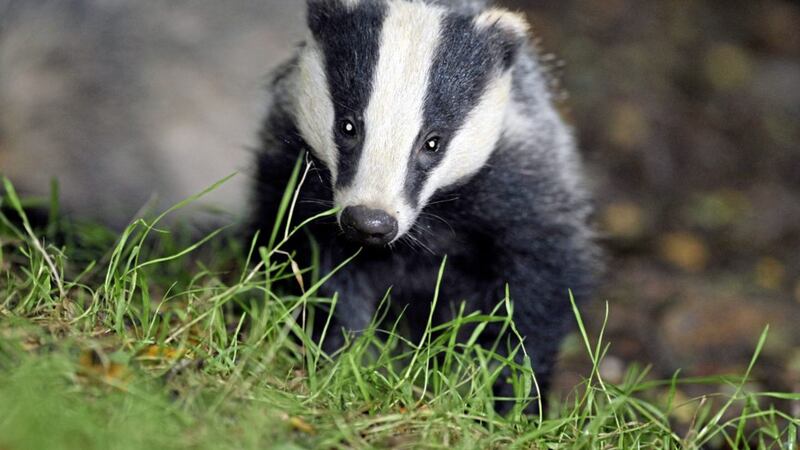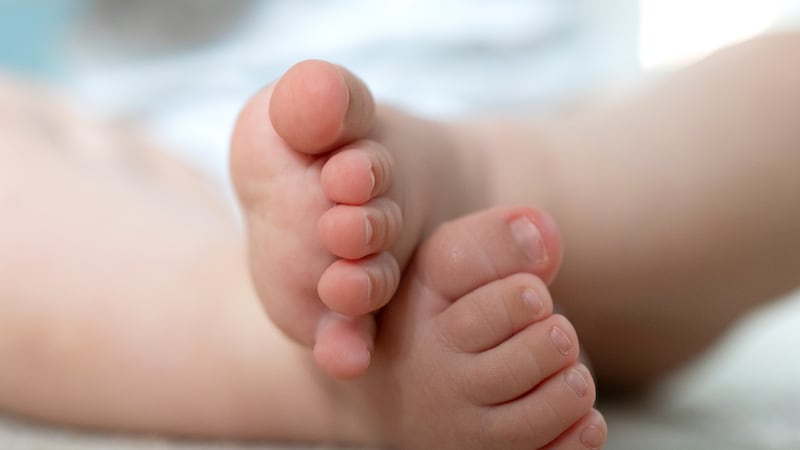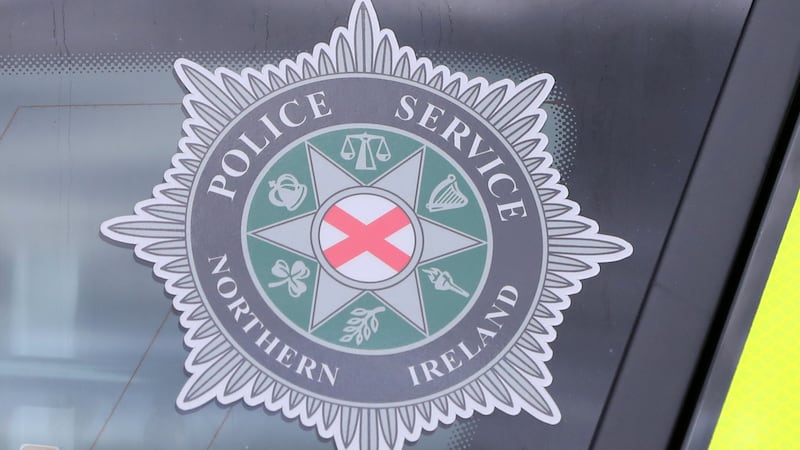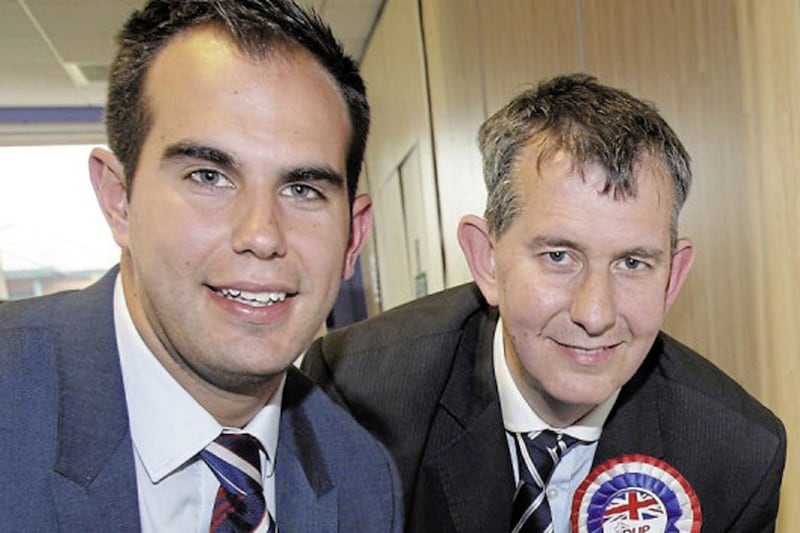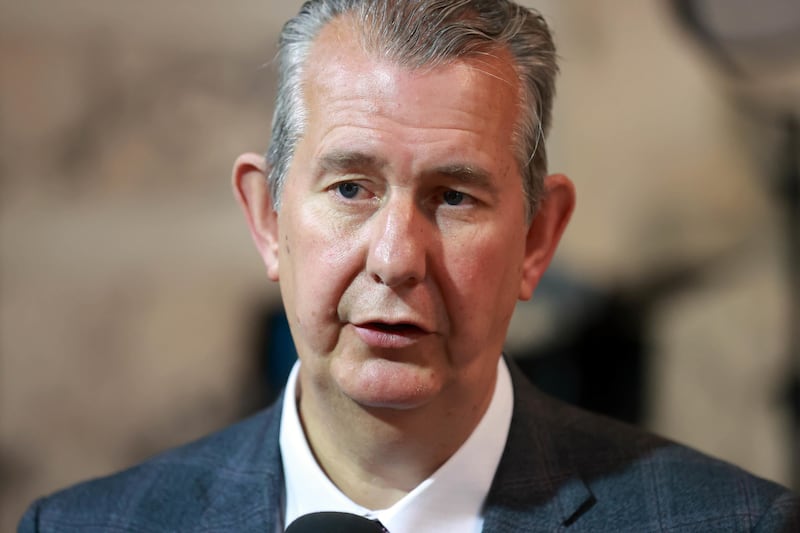A BADGER cull is "unscientific, ineffective, inhumane and unnecessary", a leading animal charity has said.
Environment minister Edwin Poots announced yesterday that a cull of badgers - a protected species - should go ahead as part of a plan to combat the spread of bovine tuberculosis in cattle.
He said his plans were based on "experience and evidence from other jurisdictions and on solid scientific research".
However, his announcement came despite research which has found that culls do not prevent the spread of the disease.
Campaigners opposed to the cull have already warned that thousands of healthy badgers could be killed.
Bovine TB costs taxpayers around £40 million a year, around half of which is spent on compensating farmers for infected cattle which have to be slaughtered.
Legislation will need to passed by the assembly before any cull can take place.
Dr Mark Jones, from animal charity Born Free, said yesterday badger culls are "ineffective in reducing bovine TB in cattle".
Dr Jones was a co-author of a study, published in the Veterinary Record journal last week, which looked at culls in England.
Research found there was no detectable link between culling of badgers and any decline in the level of bovine TB.
"Our paper adds to the volume of evidence that this kind of approach by the Northern Ireland government is not going to result in any direct impact on bovine TB in cattle," he told The Irish News.
"They should be looking to focus on cattle-based measures, bio-security, movement restrictions, improved testing... in order to get TB under control."
Mr Poots said badgers would be shot in 'specific intervention areas' where there is a high incidence of the disease.
Dr Jones said the so-called 'controlled shooting' of badgers "was a method that was shown to be inhumane by the (British) government's own panel of experts".
He added: "It's basically shooting free roaming badgers with high-powered rifles at night. They are usually attracted to bait points using peanuts."
Badger culling is not carried out in Wales or Scotland.
Last year, more than 10,000 people signed a USPCA petition against a proposed cull in Northern Ireland.
USPCA chief executive Brendan Mullan said a cull will be a "wildlife catastrophe".
He said the charity is "incredibly disappointed" by the announcement, adding that "badgers are not the culprit here and we fear in five years' time we will continue to see high prevalence of bovine TB in herds, despite this cull".
Meanwhile, a wildlife group co-founded by environmentalist Chris Packham is aiming to seek a judicial review against Mr Poots's plans.
A crowdfunding campaign launched by Wild Justice has already passed £25,000 in donations.
Wild Justice is working with the Northern Ireland Badger Group (NIBG) on the court challenge.
